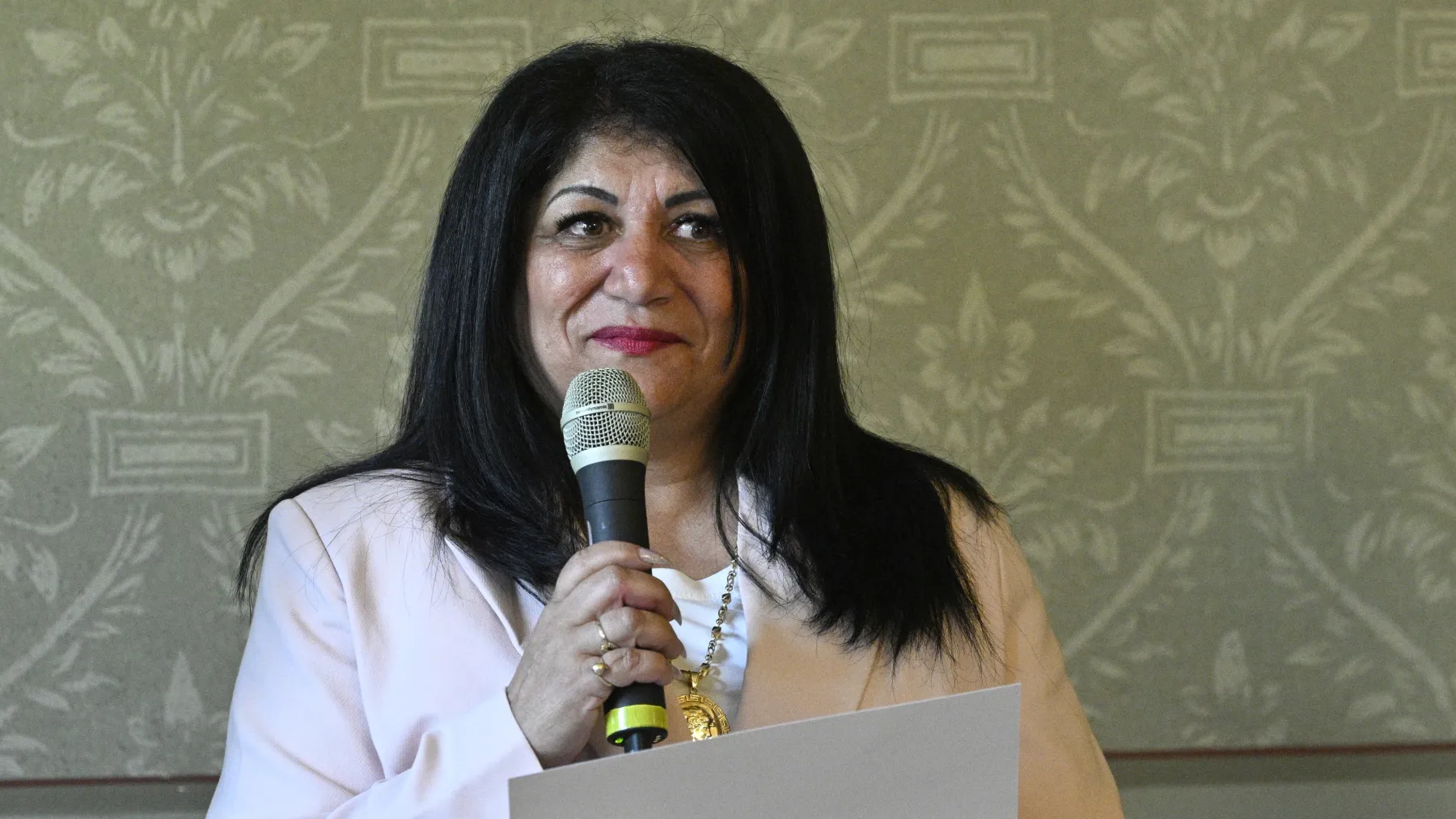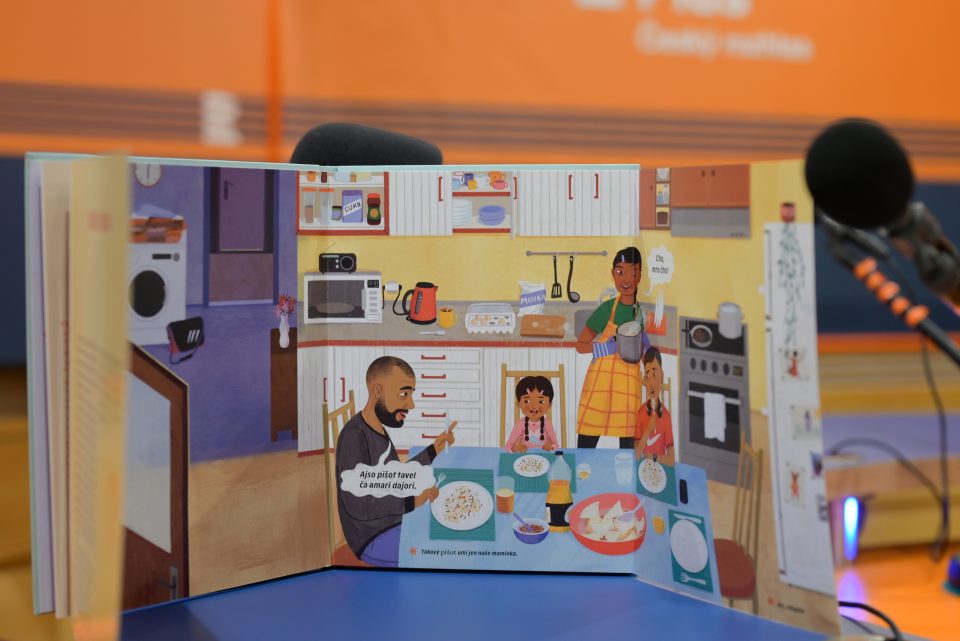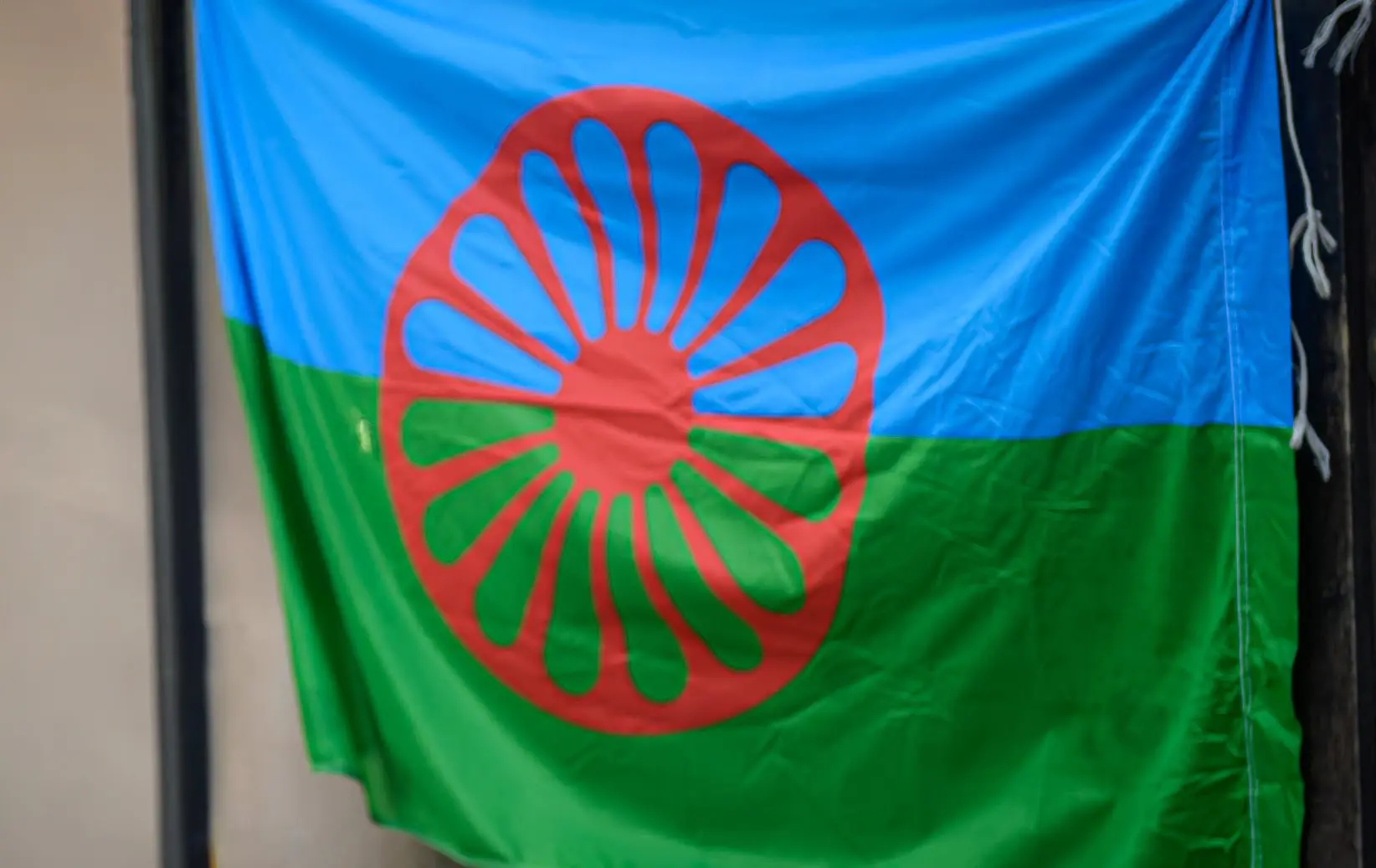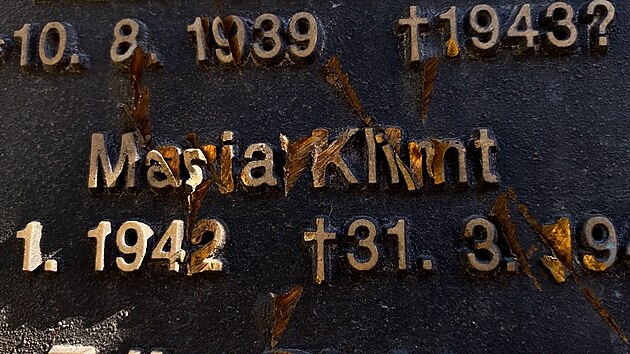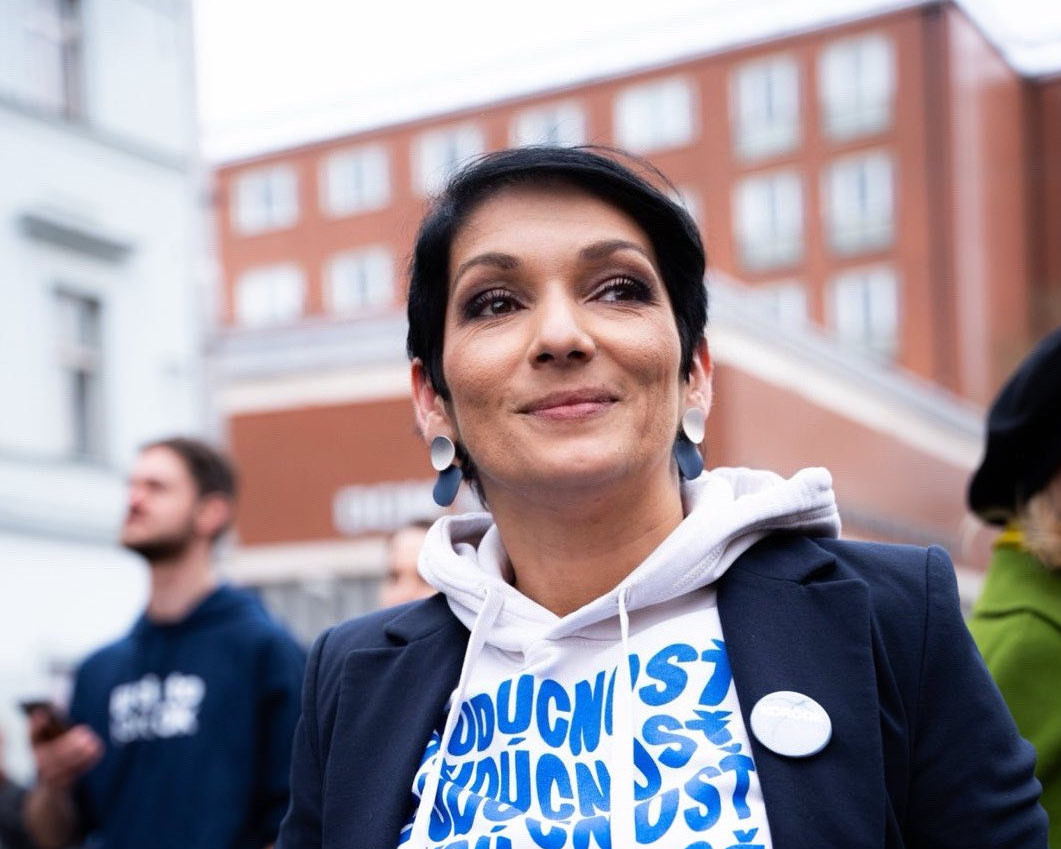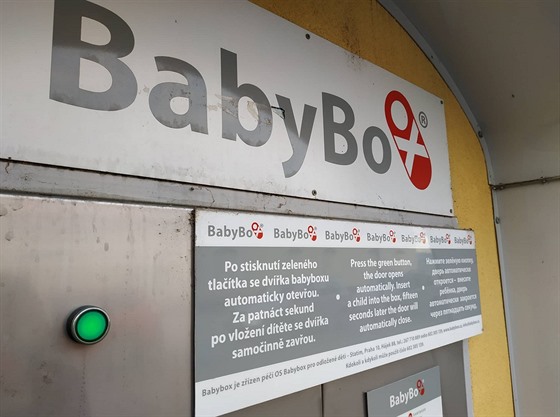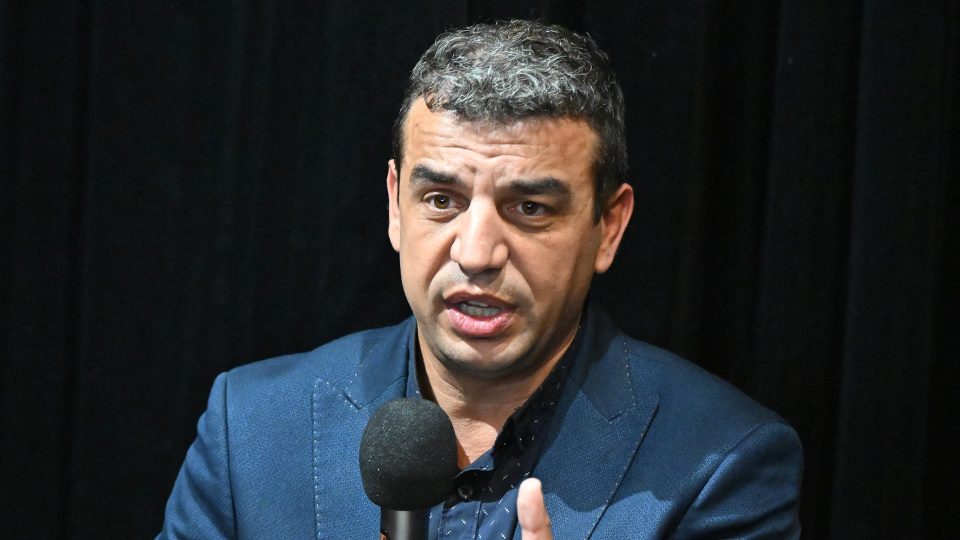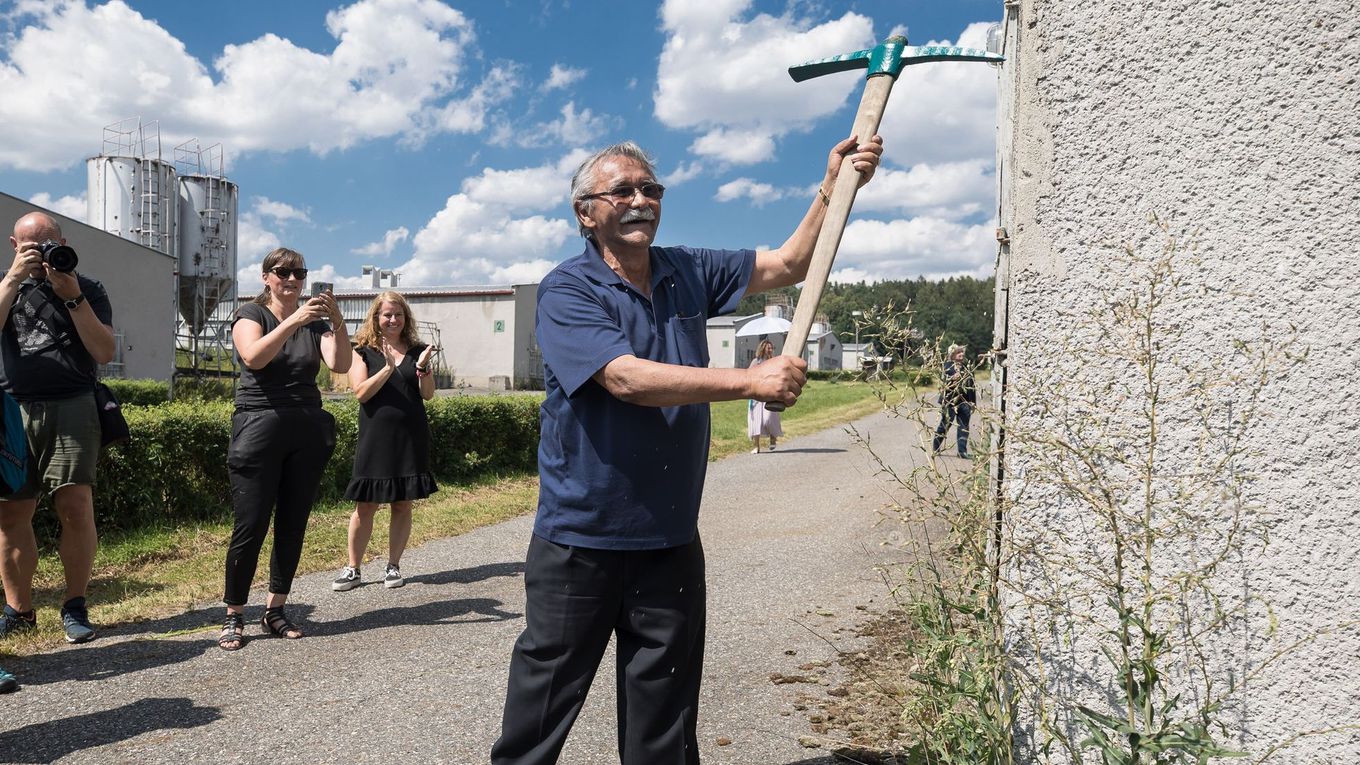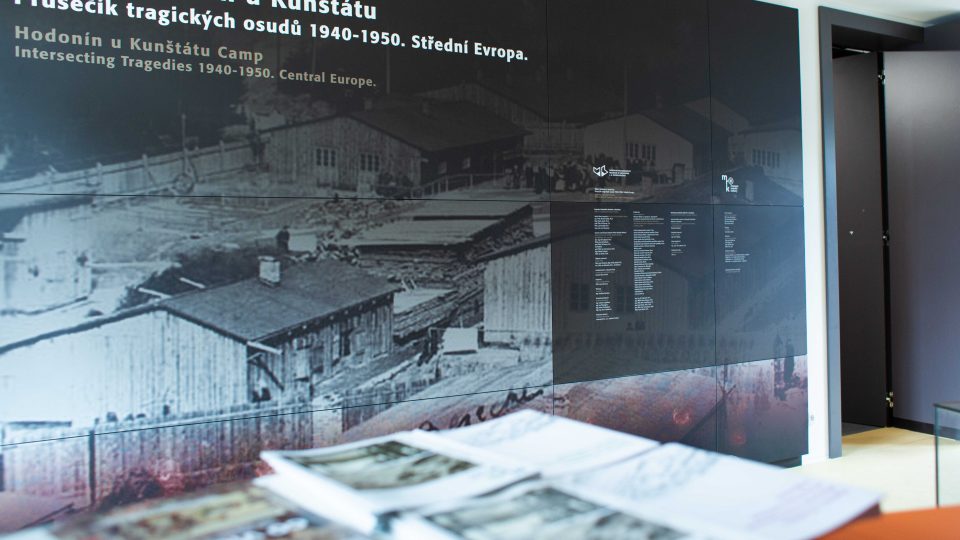The František Kriegl Award of the Czech Charter 77 Foundation for Civic Courage was awarded this year to Romani activist and social worker Elena Gorolová. The jury honoured her for her personal and professional contribution to the fight for compensation for victims of illegal and secret sterilizations. It particularly highlighted her long-term efforts and the courage with which she raised the topic, as well as her subsequent fight for compensation for victims of illegal actions by state healthcare facilities.
- „Řekli mi: Podepište to, nebo zemřete.“ Gorolová dostala za boj proti nedobrovolným sterilizacím Cenu Františka Kriegla. In: Denik. N. 10.04.2025. https://denikn.cz/minuta/1704281/
- Nadace Charty 77 ocenila Gorolovou, bojovnici za odškodnění žen za sterilizaci. In: O 24. 10.04.2025. https://ct24.ceskatelevize.cz/clanek/domaci/nadace-charty-77-ocenila-gorolovou-bojovnici-za-odskodneni-zen-za-sterilizaci-359957
